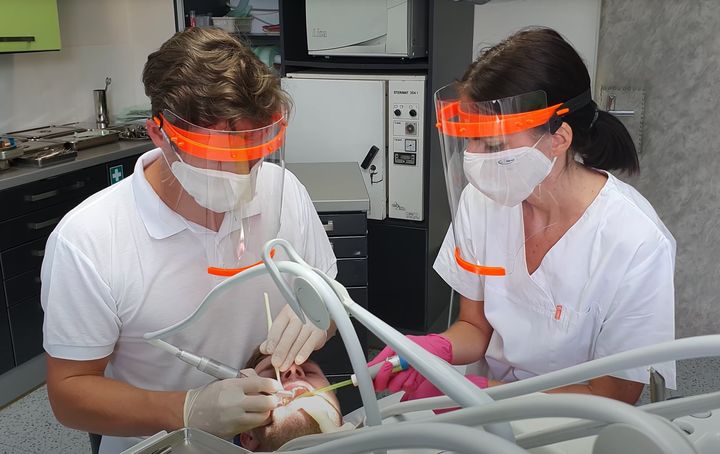
Could Prusa Research be slowly moving into the professional 3D printing market?
I’m reading a recent post from Prusa Research which seems to highlight different forms of use for their very popular desktop 3D printer systems.
The company began some years ago focused almost entirely on the hobbyist market, which they have since dominated due to a killer combination of performance, price and service. The company now makes and ships many thousands of units per month to buyers worldwide.
Most of those buyers are likely individuals.
However, Prusa Research points out in their post:
“While we have a huge hobby community, there are many professional users as well – for obvious reasons, they are just less active on social media than the hobbyists.
A broad spectrum of companies worldwide use 3D printing for research, development, prototyping, maintenance, design process, and small series manufacturing. Neither company size nor industry sector seems to be a factor, these are both garage businesses, medium-sized companies, and large industries.
Our printers are also popular with a broad range of professions, for example, doctors, scientists, artists, or filmmakers.”
This is indeed true. The capabilities of the equipment are such that they are quite suitable for use in many professional applications, and certainly the price is right as well. Companies that may have previously considered more expensive commercial 3D printers have realized they could achieve their goals with the less-expensive Prusa Research equipment.
Prusa Research also highlighted a specific use case in their post, saying:
“Right now, we are releasing a new story about Asana Dental, a Czech startup printing dental equipment on our Original Prusa SL1 printer. So far we’ve been only focusing on FDM printers, this is finally our first (and definitely not the last) story involving SLA technology as well.”
They even posted a video highlighting this application:
While that’s certainly an interesting application, and one commonly done in the 3D printing universe, it suddenly resonated with something I observed years ago.
Formlabs Transformation
There was once another company called Formlabs. When that company launched they were similarly focused on the hobbyist market. However, they discovered that their SLA equipment was vastly less cost to buyers than other SLA gear available at the time.
Formlabs realized selling to commercial clients was really where all the money existed. Hobbyists, though quite enthusiastic, frequently pursue the lowest-cost solutions. Professional clients are willing to pay more because they can literally make more money with the equipment.
Thus Formlabs began a transformation towards more commercial clients. A big part of that strategy was to cultivate the dental market, where there was a lot of 3D printer use, but with more expensive equipment.
Formlabs’ dental strategy involved setting up specific units to address those needs, developing specific dental materials and hanging out at dental conferences. I’m even told they engaged with actual dentists to talk about their equipment at events. These steps were successful and now the company is a major supplier of equipment to the dental industry. Since then they’ve branched out into other areas of industry.
That’s an interesting story, but wait — now we see Prusa Research courting the dental industry, too.
Could Prusa Research be contemplating a move similar to Formlabs’?
Prusa Dental
It would not be unprecedented, as several 3D printer companies migrated from the hobbyist market to professional buyers, including Ultimaker, MakerBot and several others. While hobbyists may rail against these moves, they were survival steps that had to be taken: those that did not failed more often than not.
Today we see Prusa Research at the forefront of low-cost hobbyist 3D printing equipment. They make a great deal of money because, although their products are low cost, they sell an enormous number of units. Remember, you make money either by selling many low-cost units, or few high-cost units.
My guess is that Prusa Research will not abandon the hobbyist market, as it is surely baked into their culture in a very deep way. It’s also been an incredibly successful strategy. Their founder and CEO, Josef Prusa, is also a very strong proponent of open source principles. As long as he’s at the helm, I suspect the current mode will remain in place.
However, Prusa Research is now big enough to consider the possibility of multiple markets. It may be they gradually evolve their resin line over time into machines designed specifically for industry.
For them, it may be the best of both worlds.
Via Prusa Research
